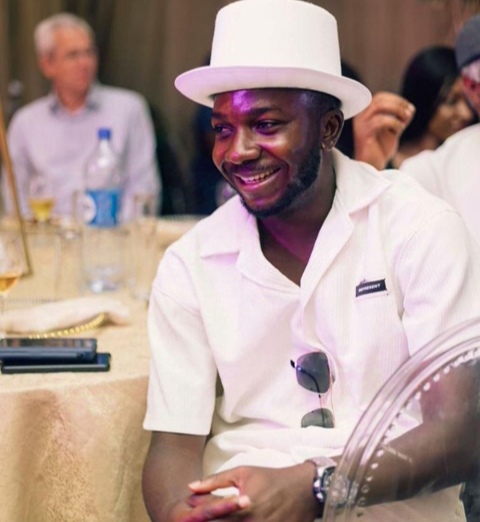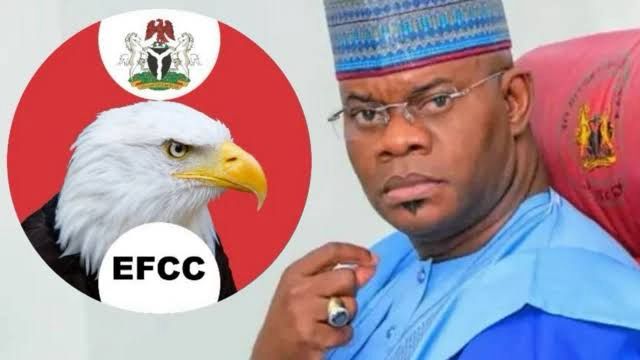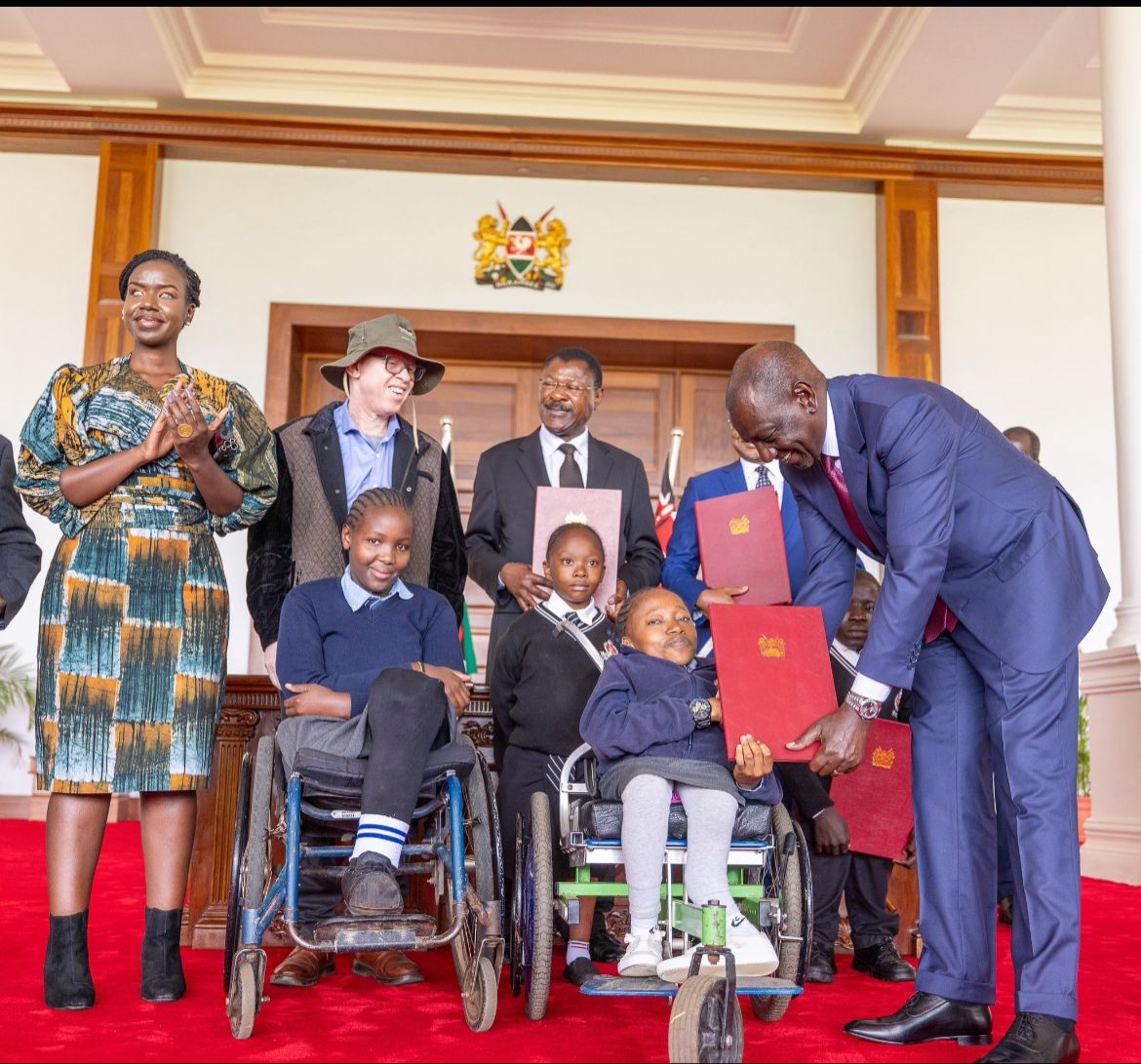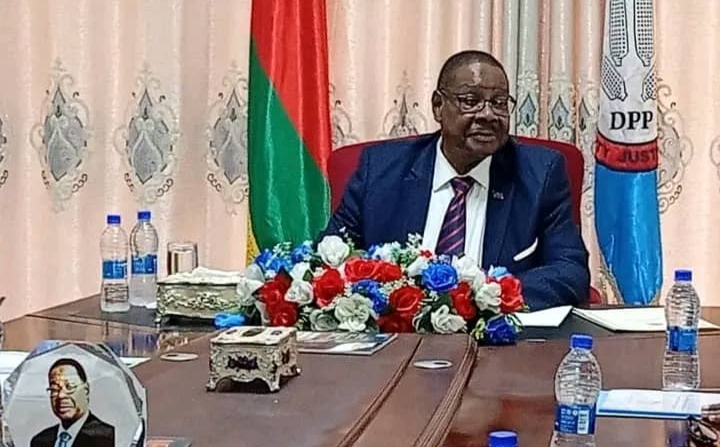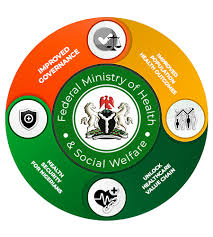Kenyan President William Ruto Listed Among World’s Most Corrupt Leaders In 2024
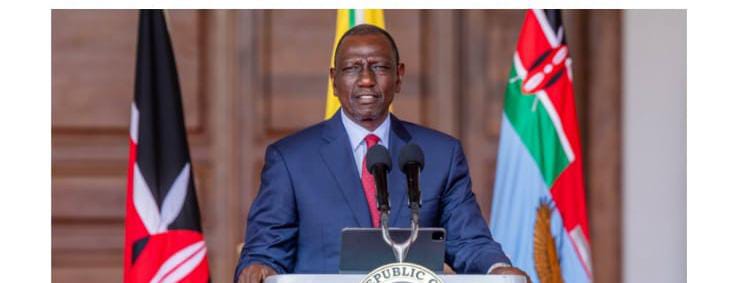
By Lisbeth Micheni, Kenya
Kenyan President William Ruto, has drawn global attention after being nominated by over 40,000 people for the “Person of the Year” award in organised crime and corruption.
The nominations followed widespread demonstrations earlier in the year, driven by public dissatisfaction with a divisive finance bill, high unemployment rates among young people, and growing discontent over allegations of corruption within his administration.
Mass protests erupted across Kenya in June and July, with demonstrators calling for Ruto to step down.
The government’s harsh response, involving the use of tear gas, water cannons, and even live ammunition, resulted in several injuries, deaths, and disappearances.
Ruto’s government has faced accusations of widespread corruption, which critics say has weakened the economy and compromised sectors such as healthcare, education, and governance.
Citizens claim that mismanagement of public funds has worsened poverty and caused essential services to deteriorate.
The Kenyan president’s name was mentioned alongside other controversial figures, including Indian tycoon Gautam Adani, who was linked to a corrupt airport deal in Kenya that was later scrapped.
Despite the high number of votes against Ruto, Syrian President Bashar al-Assad ultimately received the “Person of the Year” title due to his regime’s use of organised crime, including drug trafficking and smuggling, to maintain authoritarian control.
Assad’s actions have reportedly caused instability and destruction beyond Syria’s borders.
Other notable figures considered for the award included former Indonesian President Joko Widodo, Nigerian President Bola Tinubu, former Bangladesh Prime Minister Sheikh Hasina, and businessman Gautam Adani.
In a separate category, Equatorial Guinea’s President Teodoro Obiang Nguema Mbasogo was recognised with the “Lifetime Non-Achievement Award” for decades of authoritarian rule marked by human rights violations and widespread corruption.
Obiang, in power since 1979 after ousting his uncle, has been accused of suppressing dissent, exploiting the country’s oil wealth, and leaving the majority of citizens in poverty while enjoying extravagant luxuries.
The nominations reflect a broader global pattern of governance in which corruption and resource manipulation sustain political dominance and suppress opposition.
Drew Sullivan, publisher of the Organized Crime and Corruption Reporting Project (OCCRP), emphasised that corruption remains central to state capture, often fueling instability, violence, and revolution.
categories
recent posts
